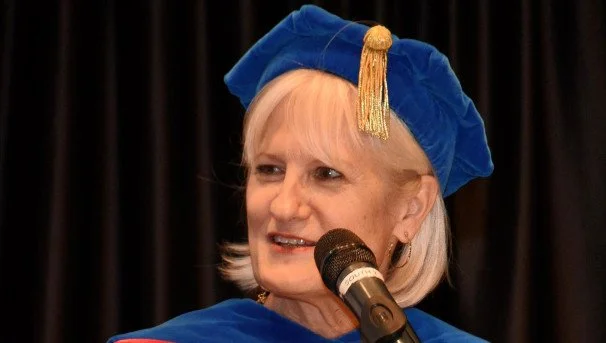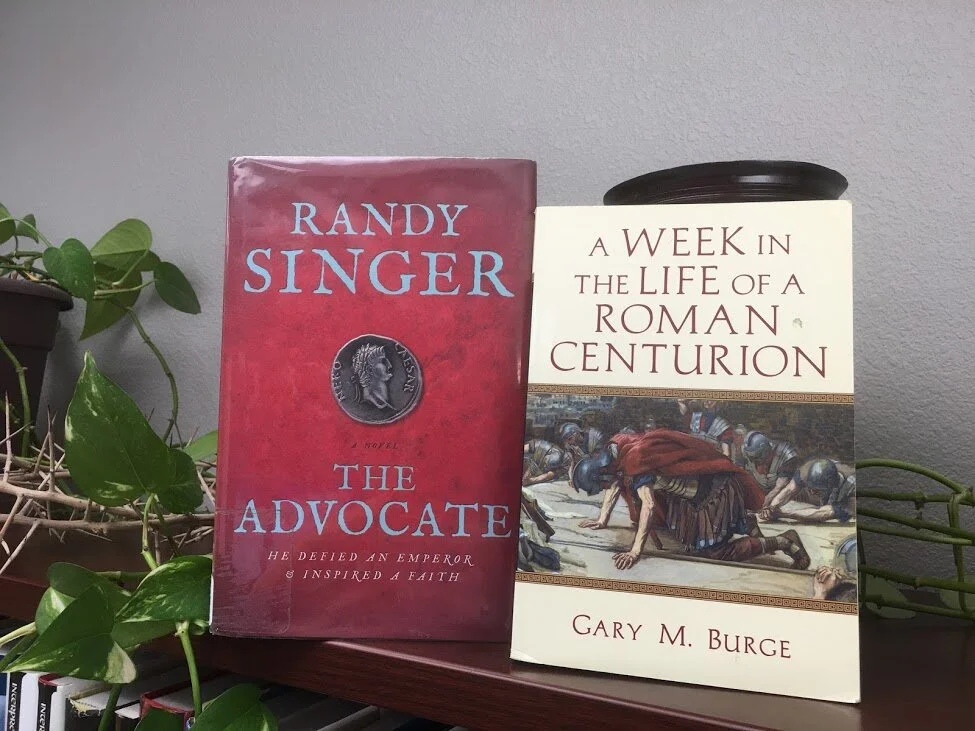Tired of Netflix yet? With Easter approaching and (perhaps) some extra reading time on your hands, I have two books I would love to recommend to you. Both books are historic-fiction and both approach the story of Jesus through the eyes of a Roman character. If historic-fiction is your cup of tea, I think you’ll really enjoy them both.
The Advocate by Randy Singer
Randy Singer, a lawyer by trade, imaginatively steps into the sandals of Theophilus in his historic-fiction The Advocate. Theophilus is the man (or perhaps group of people) who Luke writes Luke and Acts to. Luke begins his account this way, “Inasmuch as many have undertaken to compile a narrative of the things that have been accomplished among us, just as those who from the beginning were eyewitnesses and ministers of the word have delivered them to us, it seemed good to me also, having followed all things closely for some time past, to write an orderly account for you, most excellent Theophilus…” Acts begins similarly, “In the first book, O Theophilus, I have dealt with all that Jesus began to do and teach…”
Randy Singer imagines that Theophilus was a Roman advocate, tutored in Rome by the Roman philosopher Seneca who then takes his first post under Pontius Pilate where he stands behind Pilate during the trial of Jesus of Nazareth.














